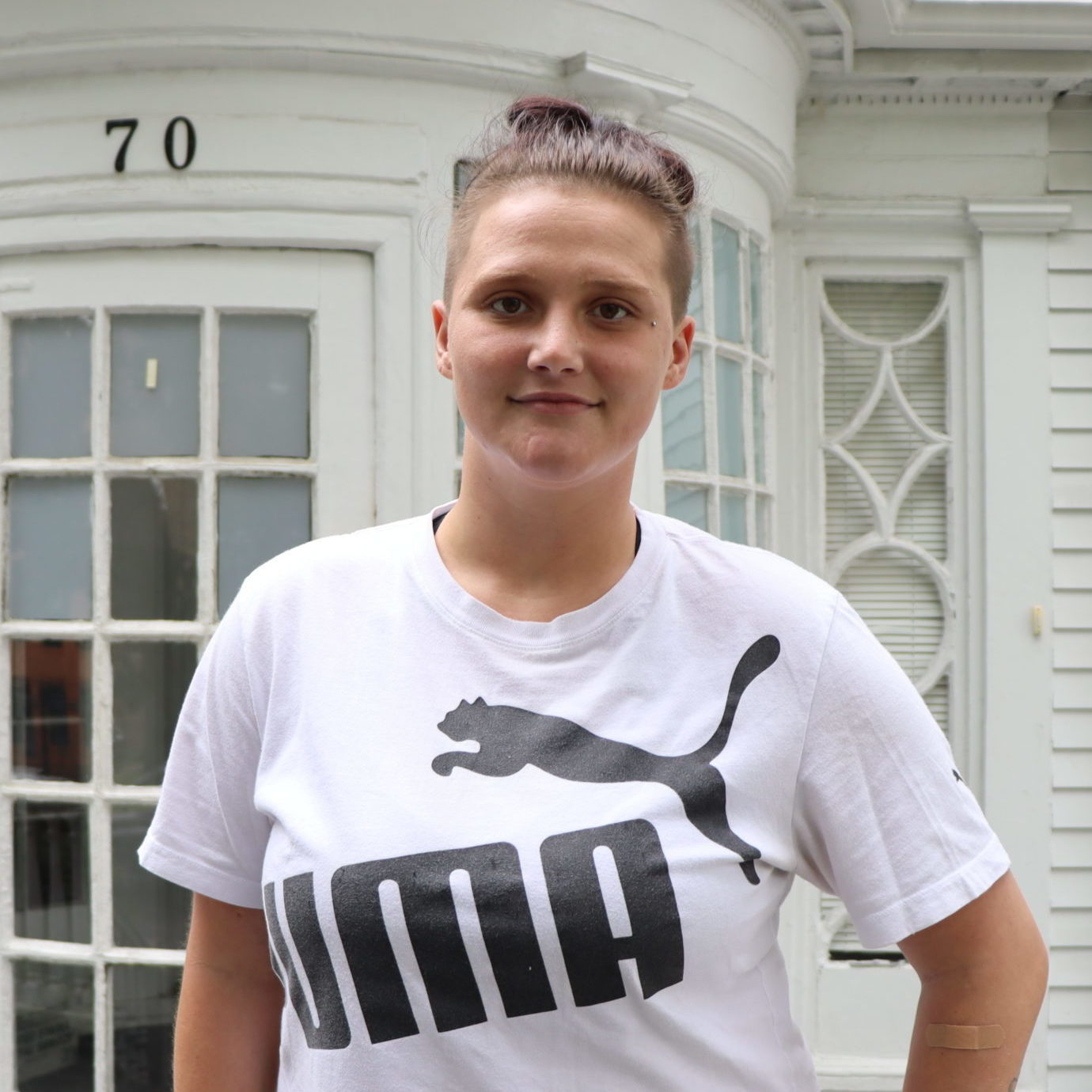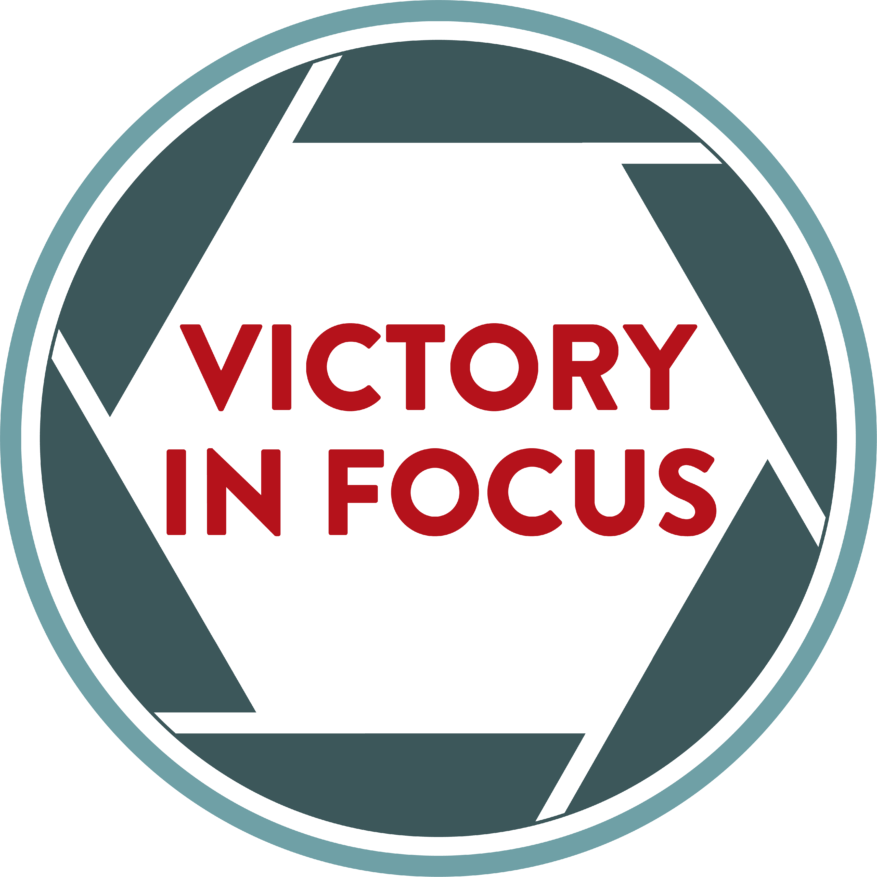If you’d like to connect to our services or make a referral, click here.
If you’d like to connect to our services or make a referral, click here.
Victory Programs operates various programs throughout Boston, all built on our strongly held belief that no person who is struggling should be asked to do the hardest thing first, on their own, before they are offered the fundamental support they truly need.
When individuals and families are safely housed, they’re much more likely to address their health, addictions, and other issues. It’s a “housing first” approach that includes stabilization services, emergency shelter, transitional and permanent housing, and case management.
We address substance use disorders, co-occurring mental health concerns, HIV/AIDS, Hepatitis C, and other chronic conditions with the education, tools, resources, and ongoing support people need to regain their health, prevent and manage relapse, and maximize their independence.
On the streets, at our Boston Living Center, and across programs, we work to prevent chronic conditions and overdoses. We provide HIV, Hepatitis C, and STI testing and counseling; a healthy meals program; syringe and naloxone distribution; and an array of education, navigation, and support services.
We follow a low-barrier housing-first clinically driven approach to guide clients towards health and safety.
A client is not a statistic; a case file is not who that person is. We provide high-quality, evidence-based services based on individual needs, offering flexible, strengths-based solutions to people’s biggest challenges.
People’s success ultimately depends on their own belief in themselves and their future. We focus on what a person is doing “well,” with a nurturing effect that fosters continued effort from the first steps toward progress and growth.


Alyssa will tell you that New Joelyn’s is “not my first rodeo.” She’s in her twenties now, but when she was 17 she started going in and out of different substance use treatment programs. Her family — “my greatest support system” — made her seek the help she clearly needed. But she kept falling into the same cycle.
“I’ve relapsed a bunch of times,” Alyssa says, “but I don’t think of it as a bad thing anymore. That’s just how my story goes.”